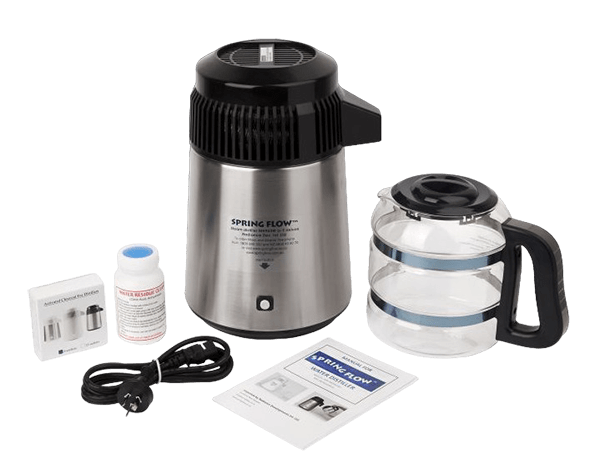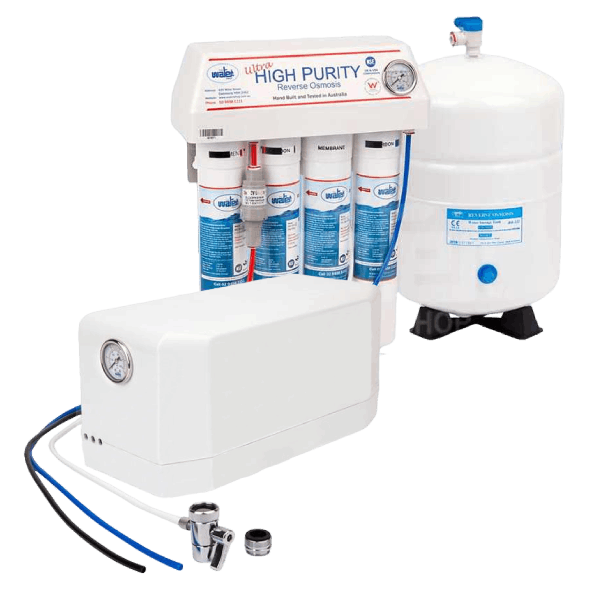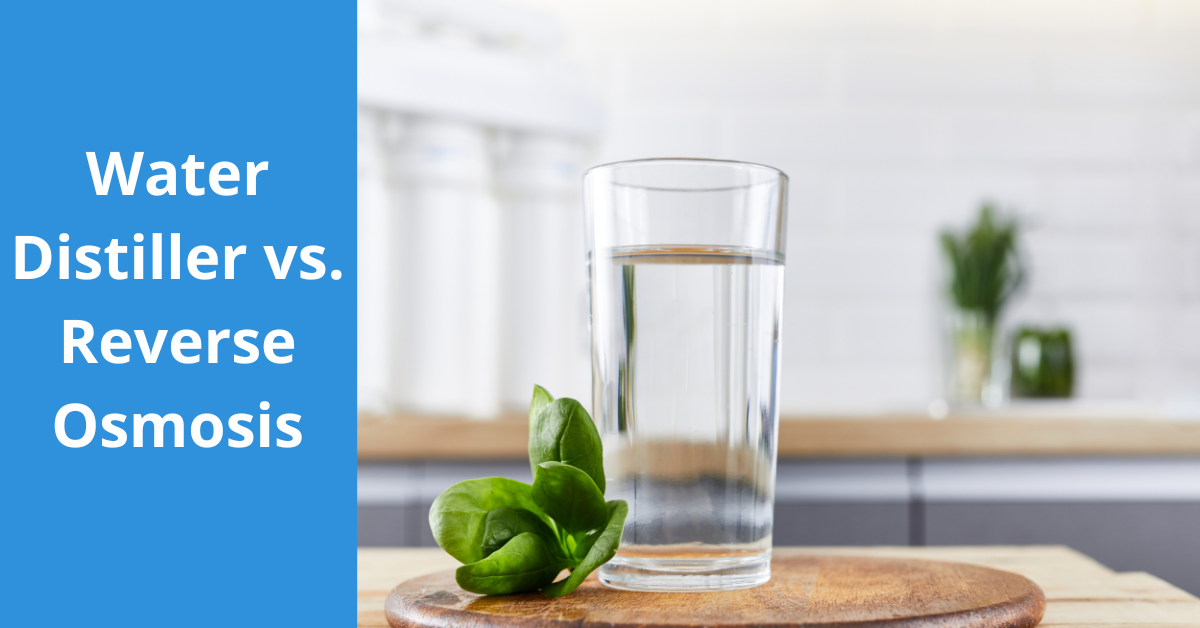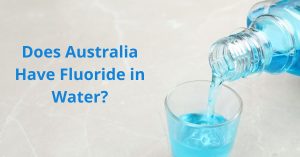When it comes to purifying water at home, two popular methods stand out: water distillation and reverse osmosis (RO). Both processes effectively remove impurities and contaminants, but they differ in their approach and the resulting water quality. In this blog post, we’ll explore the key differences between these two water purification techniques, best reverse osmosis systems residential and distillation, helping you determine which one suits your needs best.

Is Reverse Osmosis Water the Same as Distilled Water?
No, reverse osmosis water and distilled water are not the same, although they share some similarities. Reverse osmosis is a filtration process that uses a semi-permeable membrane to remove dissolved solids, bacteria, and other contaminants from water. However, it does not remove all dissolved gases or volatile organic compounds (VOCs).
Distilled water, on the other hand, is produced through a process of boiling water and then condensing the resulting steam, leaving behind virtually all impurities, including dissolved solids, bacteria, and even VOCs. This results in water that is nearly pure H2O.
Reverse Osmosis Water vs. Distilled
While both reverse osmosis and distillation remove all beneficial minerals and provide clean, purified water, there are some key differences to consider:
1. Contaminant Removal: Distillation removes a broader range of contaminants, including VOCs and dissolved gases, while reverse osmosis may leave behind some volatile chemicals.
2. Energy Efficiency: Reverse osmosis systems generally consume less energy than water distillers, making them more energy-efficient.
3. Initial Cost: Best Home Water distiller, such as the Megahome Water Distiller or other options if you want to buy home water distiller, tend to have a higher initial cost compared to reverse osmosis systems.
4. Maintenance: Both systems require regular maintenance and filter replacements, but the frequency and cost can vary.

If you’re looking to buy a home water distiller or a countertop water distiller, consider the benefits of distilled water, such as its purity and the absence of contaminants like fluoride (which can also be removed with a fluoride water filter or gravity water filter). However, if you prefer water with a some mineral content and are concerned about energy efficiency, a reverse osmosis system might be a better choice.
The decision between a water distiller and a reverse osmosis system depends on your specific needs, budget, and preferences. By understanding the differences between these two purification methods, you can make an informed choice and enjoy clean, safe water in your home.




